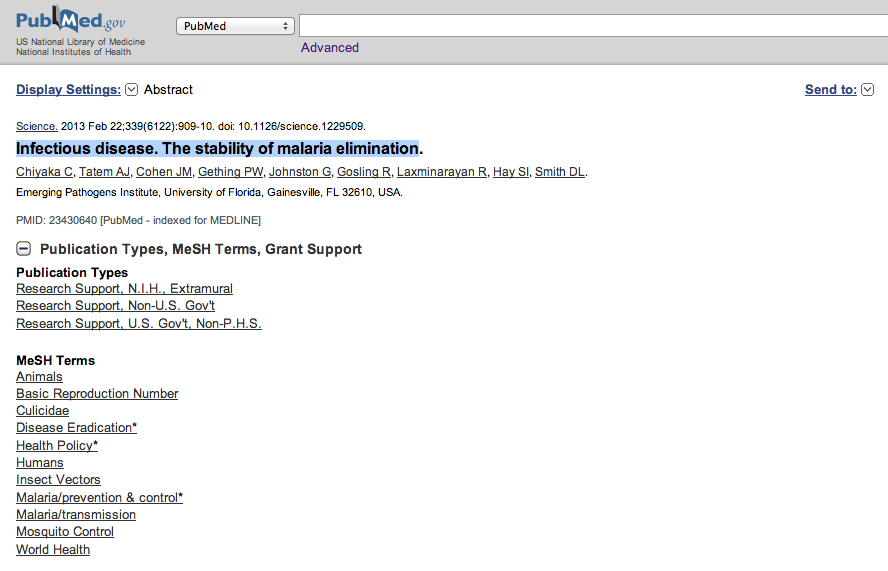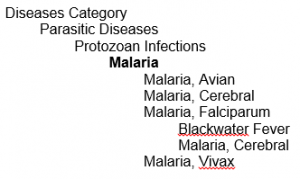Lesson 2: How to search
When you start to execute your search, you should consider the key concepts in your research question and think about which words and specific keywords can be used to describe each of them. Choosing the right keywords is essential to receiving satisfactory search results, because the search engines cannot know what you are thinking, but simply match specific keywords assigned to each article. The right keywords will match and activate a numerous synonyms for the concepts you are exploring. The keywords are generated for a given database, e.g. PubMed, Embase and PsycInfo ans assigned to the individual articles from finite lists of keywords by trained subject specialists. The finite lists are also called a controlled vocabulary.
In databases such as PubMed, you will only be searching in a limited database entry containing the title, abstract, journal name, etc. of articles whereas search engines such as Google Scholar search in the entire text of the article.
The keywords are organised in a tree structure, which branches down and becomes more and more specific, as shown below using the Mesh term “Malaria” in PubMed.
“A strong feature of PubMed is its ability to automatically link to MeSH terms and subheadings. Examples would be: “bad breath” links to (and includes in the search) “halitosis”, “heart attack” to “myocardial infarction”, “breast cancer” to “breast neoplasms”. (…) This important feature makes PubMed searches automatically more sensitive and avoids false-negative (missed) hits by compensating for the diversity of medical terminology.”
Source: http://en.wikipedia.org/wiki/PubMed
To broaden your search (more results) you could search for “Protozoan Infections”. To narrow your search (less results) you could search for “Blackwater Fever”
You can see which keywords are assigned to an article by opening the full display of the database post, in this case: Infectious disease. The stability of malaria elimination from PubMed where keywords as mentioned are called MeSHTerms:

TIP!
Searching with keywords can be very useful to focus your search if you have too many results. But be aware that keywords are manually assigned, so if you limit your search to keywords only that you will not find the newest articles that are waiting to be assigned keywords.
In order to perform a precise search you should also master free text, truncating and exact phrase. Learn more about this on the following page




